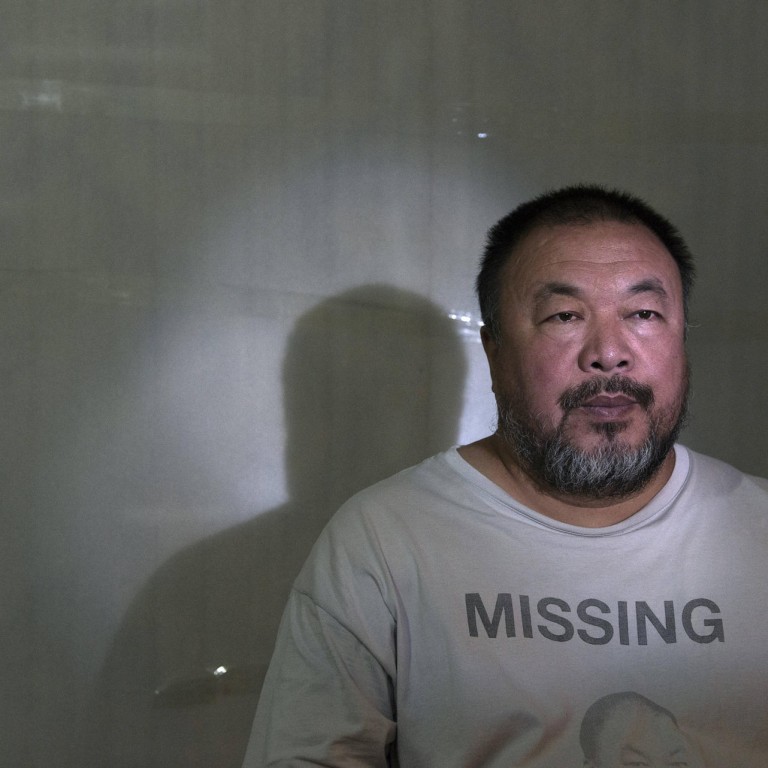
Album of the Week: 'The Divine Comedy' by Ai Weiwei
Like Kanye West, whose recent album was met with more adulation than examination, Ai Weiwei is a cultural icon of such stature that his medium is almost beside the point.
Ai Weiwei
Ai Weiwei Studio
Like Kanye West, whose recent album was met with more adulation than examination, Ai Weiwei is a cultural icon of such stature that his medium is almost beside the point. His first rock album, is the newest addition to the Ai political canon. But what about the music?

It's not clear why Ai chose to reference Dante's allegorical triptych; aurally, he doesn't really get past the . The six songs - ponderous, repetitive and atonal - make a viable soundtrack for a walk through the nine circles of hell. They also sound like something an angry Nine Inch Nails fan could compose in his basement.
Perhaps that raw anger is part of Ai's charisma. The artist, who is renowned for his crusade against censorship on the mainland, confronts issues such as police brutality with a simple moral outrage that is refreshing. Most of the songs deal with real current events, such as , which narrates a blogger uprising in a Beijing park in 2012, and , a reference to the 2009 incident in which the authorities assaulted Ai in a Sichuan hotel room.
There's also a surprising amount of Americana, perhaps a nod to the increasingly fraught and interdependent relationship between China and the US.
As a crack at musical innovation, falls flat. But as living history in the age of Edward Snowden and Chen Guangcheng, it's definitely worth a listen.
